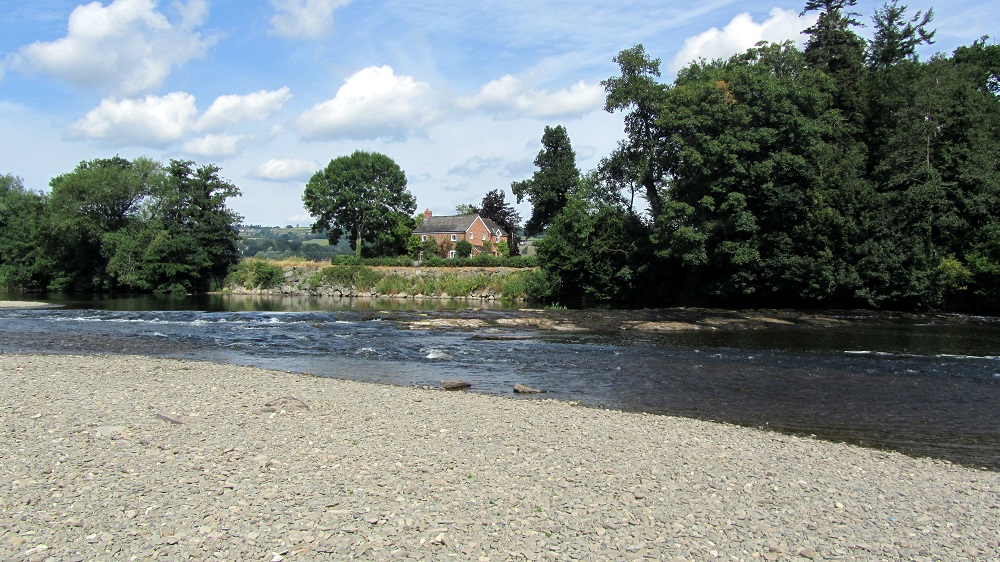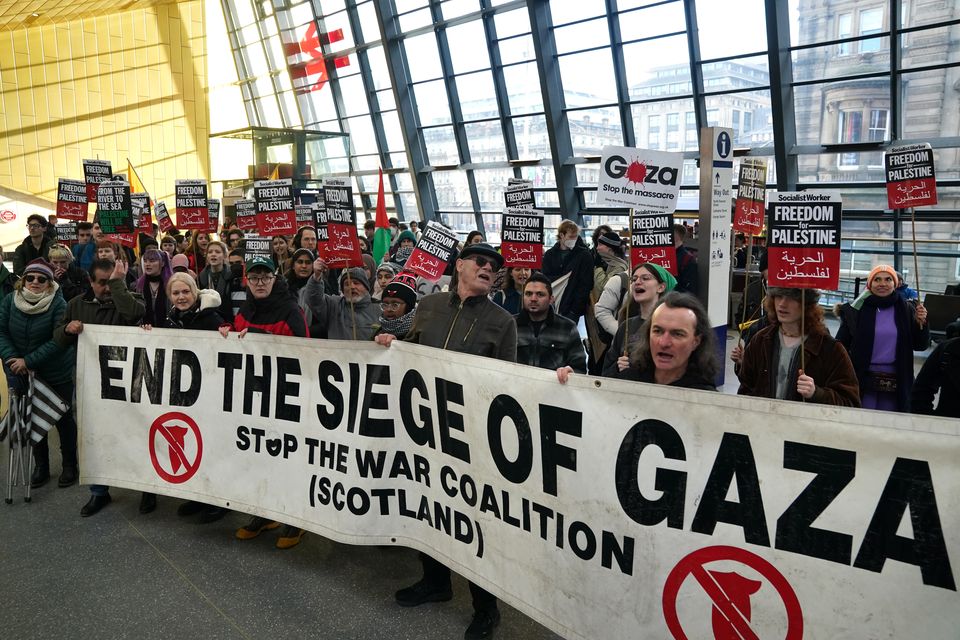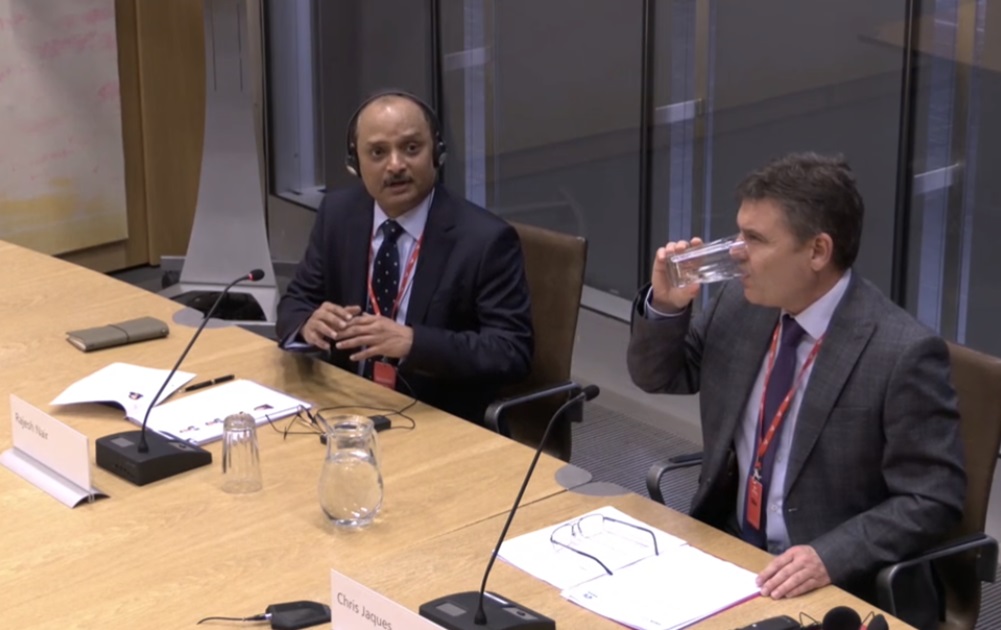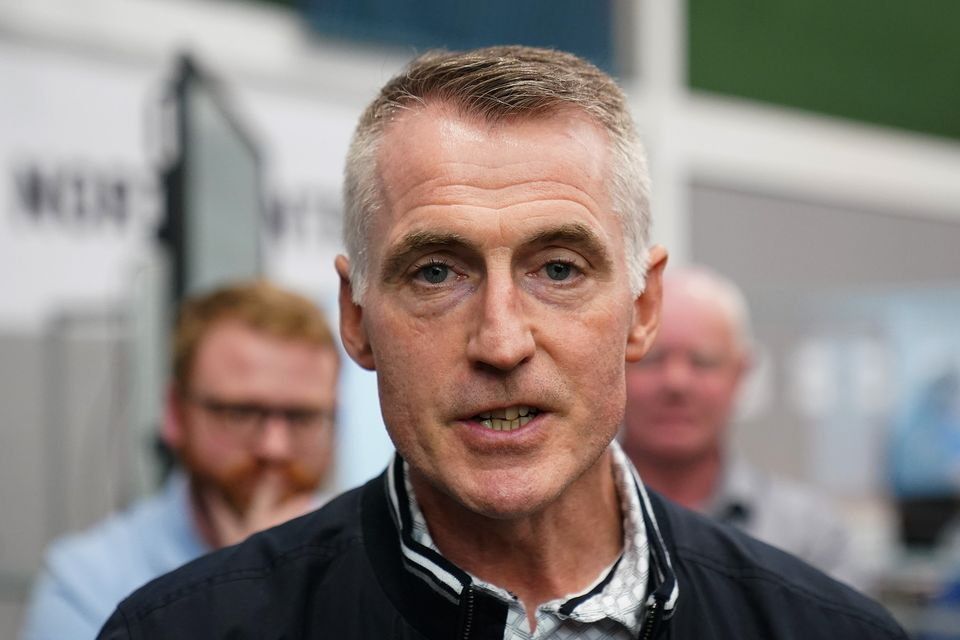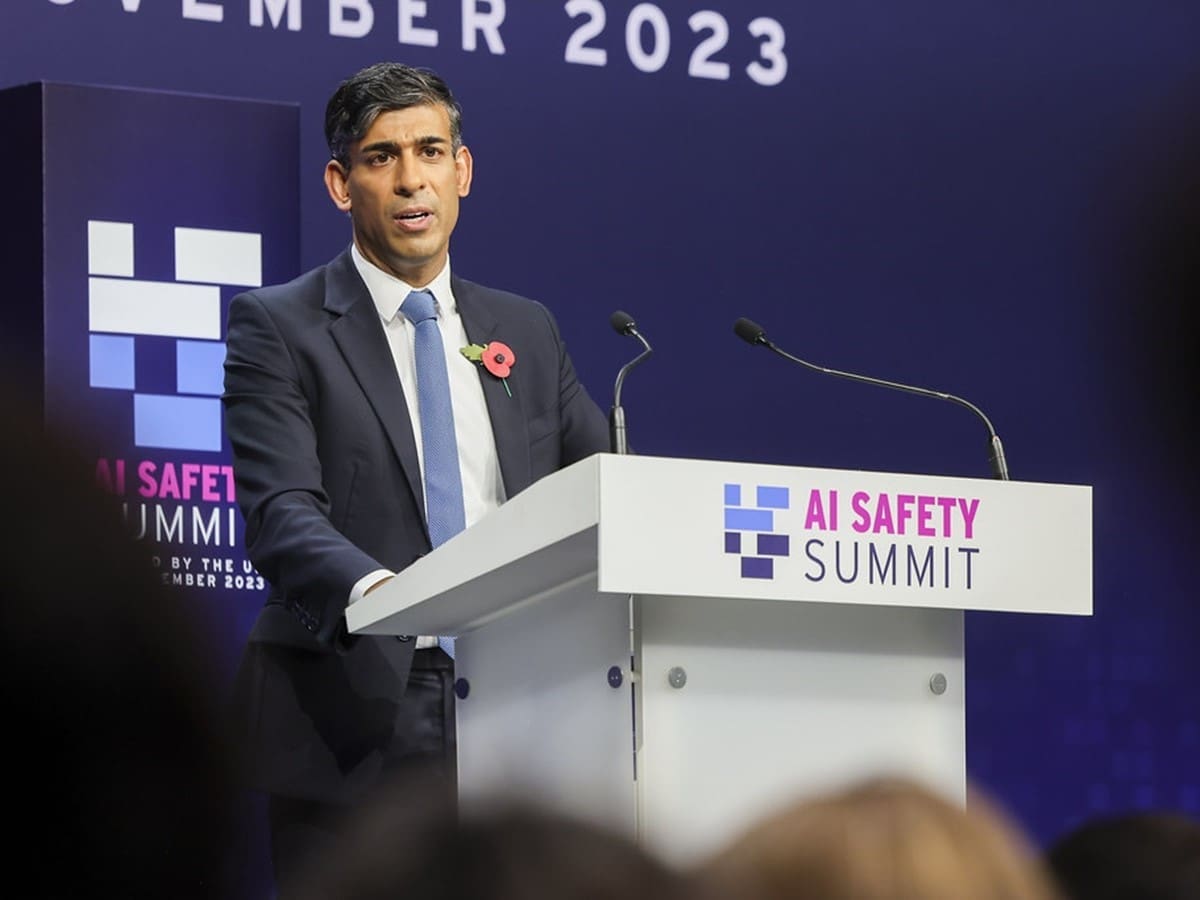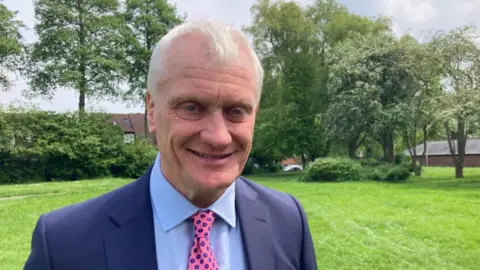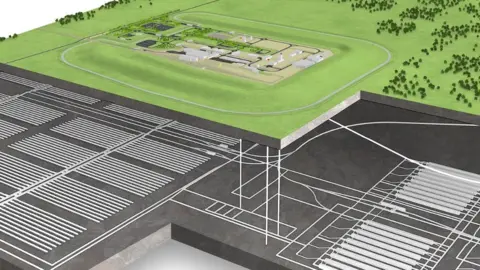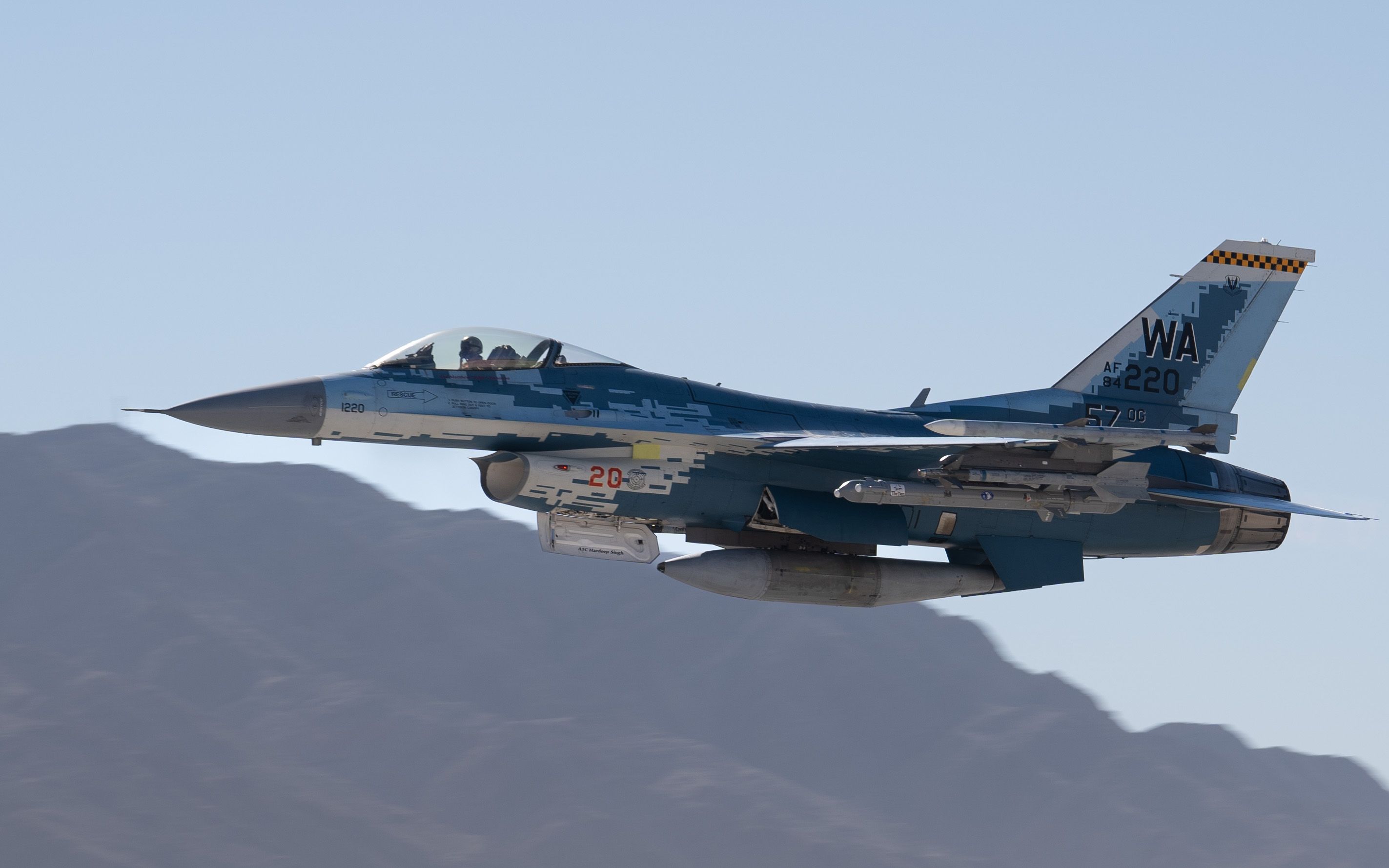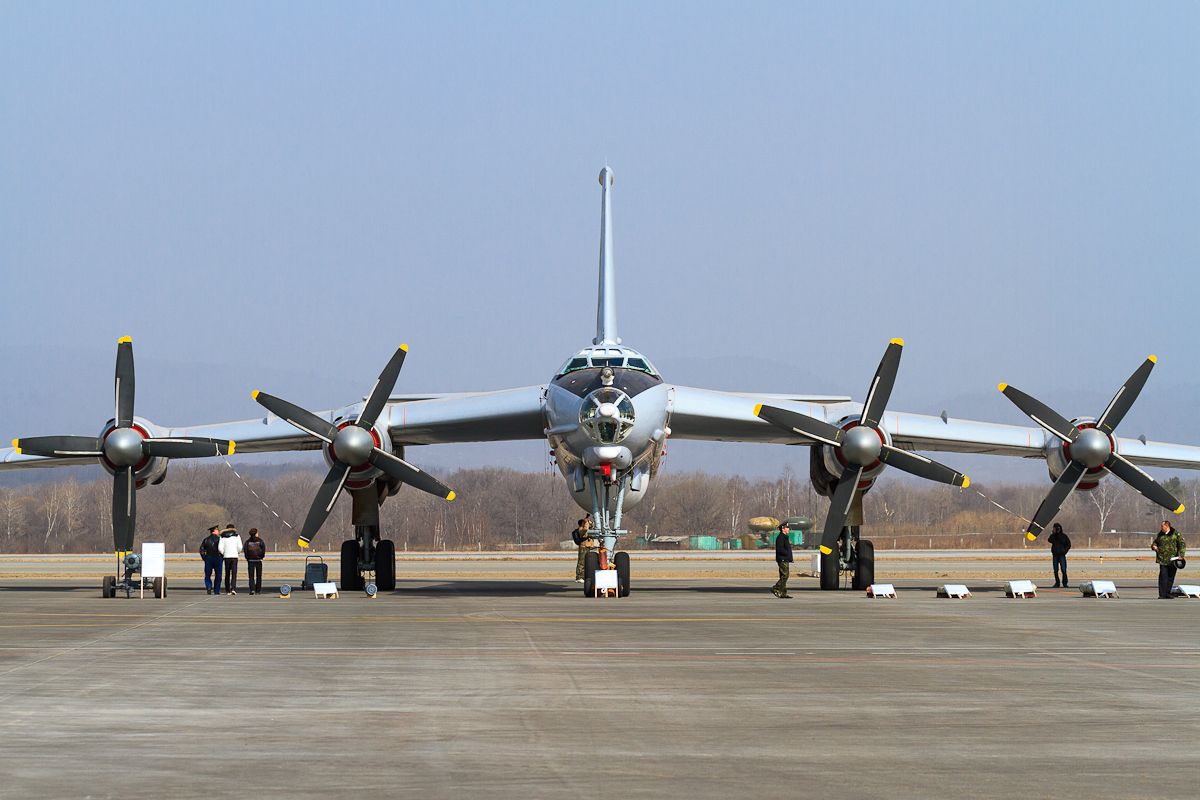With Help from the Five Eyes, Argentina Doomed to Lose the Falklands War
For 74 days, the U.K. and Argentina fought bitterly for a small patch of land in the South Atlantic
In the early morning hours of April 2, 1982, Argentinian naval commandos landed three miles south of Port Stanley, the capital of the Falklands Islands. They made their way to the small barracks that housed a contingent of British Royal Marines. Once outside the building, they broke the windows and threw tear gas canisters inside to flash out the sleeping British troops. A few hours before, the Royal Marines had been alerted to the invasion and had barricaded themselves in the governor’s house, the administrative headquarters of the Islands. In the ensuing firefight, the British Royal Marines held at bay a much larger Argentinian force for more than an hour before finally surrendering. As the sun rose on the horizon, Argentina had finally captured the Falklands Islands after centuries of dispute.
The Falklands War that lasted from April to June 1982 was a conflict between the United Kingdom and Argentina over the sovereignty of the Falkland Islands in the South Atlantic. Although short, the conflict was one of the largest in terms of the forces involved since the end of World War II. Overtly, the U.K. fought the war alone. However, the United States provided key diplomatic, logistical, and intelligence support to the country. Using the Five Eyes intelligence partnership, the U.S. shared critical all-source intelligence with its ally which proved key to the eventual British victory. However, U.S. support for the U.K. was not certain. Argentina was an important South American partner for the U.S., especially in the fight against Communism during the Cold War. Nevertheless, foreign policy and national security interests prompted America’s decision to support Britain.
GOING TO WAR WITH SOME HELP
When the British government decided to recapture the Falklands, it did so with the understanding that it would receive support, even unofficial, from its most important ally: the United States. As the Beatles sang in 1967, the U.K. was sailing to war “with a little help from [its] friends.”
Although publicly the U.S. wanted to seem impartial – with the risk of offending the British – privately, President Roland Reagan was committed to supporting the U.K. if he had to. From the start of the war, his position was one of neutrality over which country had a better claim on the Falklands but of strong opposition to military aggression – that is, to Argentina.
Once the White House committed to supporting Great Britain, even behind closed doors, the intelligence started flowing. Intelligence sharing included “compartmental, sensitive source programs,” including signals and communication intelligence. The NSA provided almost real-time, key signals intelligence to the Government Communications Headquarters (GCHQ), the U.K.’s intelligence agency, that helped the British task force protect its aircraft carriers, perhaps the most valuable assets of the British military. Although the GCHQ worked with the Royal Navy and put HMS Endurance in the area to intercept Argentinian radio traffic long before the invasion, the British could not break the Argentinian code. The NSA then stepped in and helped their GCHQ comrades. Moreover, the NSA granted the GCHQ access to its satellite interception technology. Interestingly, the GCHQ was hesitant to share intelligence about U.K. troop movements with the NSA out of fear that the State Department would leak the information as U.S. Secretary of State Alexander Haig tilted toward Argentina.
However, the U.K. received intelligence beyond the signal intelligence stipulated by the Five Eyes agreement. The British received key intelligence on Argentinian military plans and intentions from the CIA’s A.G. Crypto operation. Moreover, the National Reconnaissance Office (NRO), the intelligence agency that designs, launches, and operates spy satellites, relocated a satellite that was tracking Soviet movements in the Northern Hemisphere and dedicated it to the conflict. Using this raw data, the Defense Mapping Agency (DMA) provided the U.K. with satellite imagery of the Atlantic Ocean west of the Falklands, the Falklands, and the small islands of South Georgia. Interestingly, the U.S. provided satellite imagery to both combatants: Under a U.S.-Argentine Memorandum of Understanding that the U.S. had to honor, NASA provided satellite imagery of the same areas to Argentina.
American assistance to the British campaign went beyond the sharing of intelligence. The Reagan administration allowed British aircraft and vessels to use American bases and provided logistical support. The U.S. military was even ready to lend aircraft carriers to the British in case theirs got damaged or sunk. The British also received support at the individual unit level. Delta Force, the U.S. military’s premier counterterrorism and hostage rescue unit, gave its British counterpart, the Special Air Service (SAS), cold-weather gear, FIM-92 Stinger anti-aircraft missiles, and satellite phones.
PICKING A SIDE
Argentina was an important U.S. partner in South America. During the 1970s, successive U.S. administrations maintained good relations with the Argentinian juntas that came and went into power. When a new junta took over in 1976, U.S. Secretary of State Henry Kissinger was anxious not to let the Argentinian military officers think the U.S. was opposed to them. This junta would launch the “Dirty War” against domestic leftist opposition and other political opponents that would see thousands of people killed, tortured, disappeared, and imprisoned. But with the Cold War raging hot, the U.S. saw in Argentina a committed anti-Communist partner that could prevent a “Domino Effect” in America’s backyard. The U.S. also sold Argentina weapon systems worth hundreds of millions of dollars, though it stopped doing so in the late 1970s. When Roland Reagan was elected to office, the relations with Argentina improved further.
Nevertheless, the U.S. chose to support the United Kingdom. The U.S. and the U.K. shared strong political and strategic interests. Reagan and Thatcher were close, and the U.S. President wanted to “[give] Maggie [Thatcher] enough to carry on.” Although Argentina was a valuable U.S. partner in South America, the Anglo-American defense and intelligence alliance towered over anything Argentina could provide the United States. Moreover, the U.S. was opposed to the use of military force and faulted the Argentinians for shooting the first shots. Further, U.S. public opinion was largely supportive of the British cause. Some even feared that Argentina would work with the Soviet Union after capturing the Falklands. In a personal letter to CIA Director William Casey, newspaperman Ernst Cuneo attached a copy of an article he had written urging to help the U.K. and prevent a Soviet opening in America’s backyard.
Another likely policy consideration that motivated support for the U.K. was the deep ties between the U.S. and U.K. intelligence agencies formalized in the Five Eyes partnership. In 1985, three years after the war, the U.S. Intelligence Community conducted an evaluation of the Five Eyes intelligence partnership, particularly of the UKUSA component. In the declassified but heavily redacted top-secret report, the Intelligence Community assessed the value of the relationship as “high [that] allows for a much fuller SIGINT [Signal Intelligence] effort than is possible with only U.S. resources.” The report stated that there was “heavy flow of raw intercept, technical analytical results, and SIGINT product between NSA and GCHQ, to include direct distribution of product by each party to both country users.”
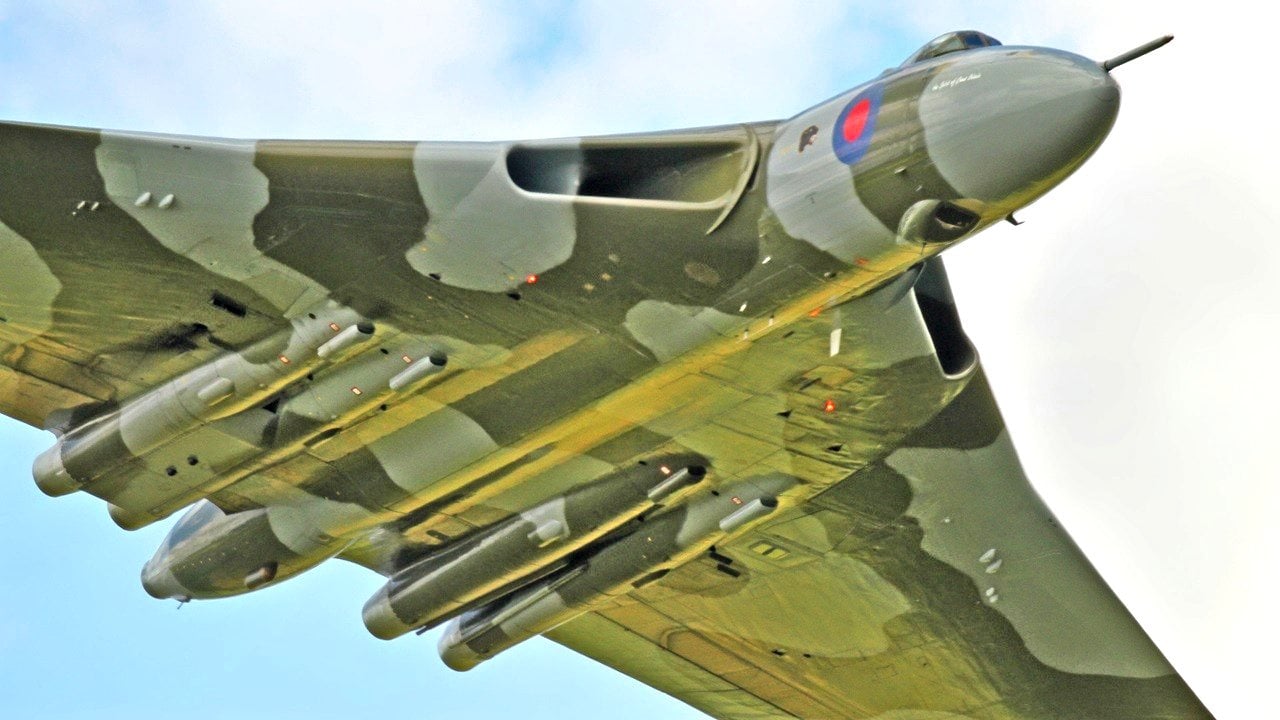
However, in choosing to support the U.K., the Reagan administration faced a conundrum. Overt support would alienate Argentina. Moreover, the CIA had intelligence that indicated that the Argentinians were mobilizing intelligence and paramilitary units to “disappear U.S. citizens in Argentina if the U.S. government [adopted] the British position in regard to the dispute in the Falkland Islands.” This concern was complicated by the fact that the Argentinian junta was not in complete control of the country’s national security apparatus.
For 74 days, the U.K. and Argentina fought bitterly for a small patch of land in the South Atlantic. In the end, Britain prevailed and did so with important intelligence support from America. Against the backdrop of broader U.S. hesitancy to openly support the British position, the Five Eyes partnership played an integral role in Britain’s victory. Faced with policy and political conundrums, the Reagan administration chose to support the “Special Relationship,” as the relations between the U.S. and U.K. have been described. In the case of the Falklands War, that relationship proved very special indeed.
About the Author
Stavros Atlamazoglou is a seasoned defense journalist specializing in special operations and national security. He is a Hellenic Army veteran (national service with the 575th Marine Battalion and Army HQ). He holds a BA from the Johns Hopkins University, an MA from the Johns Hopkins’ School of Advanced International Studies (SAIS), and is pursuing a J.D. at Boston College Law School.
This article was first published by Sandboxx News.





